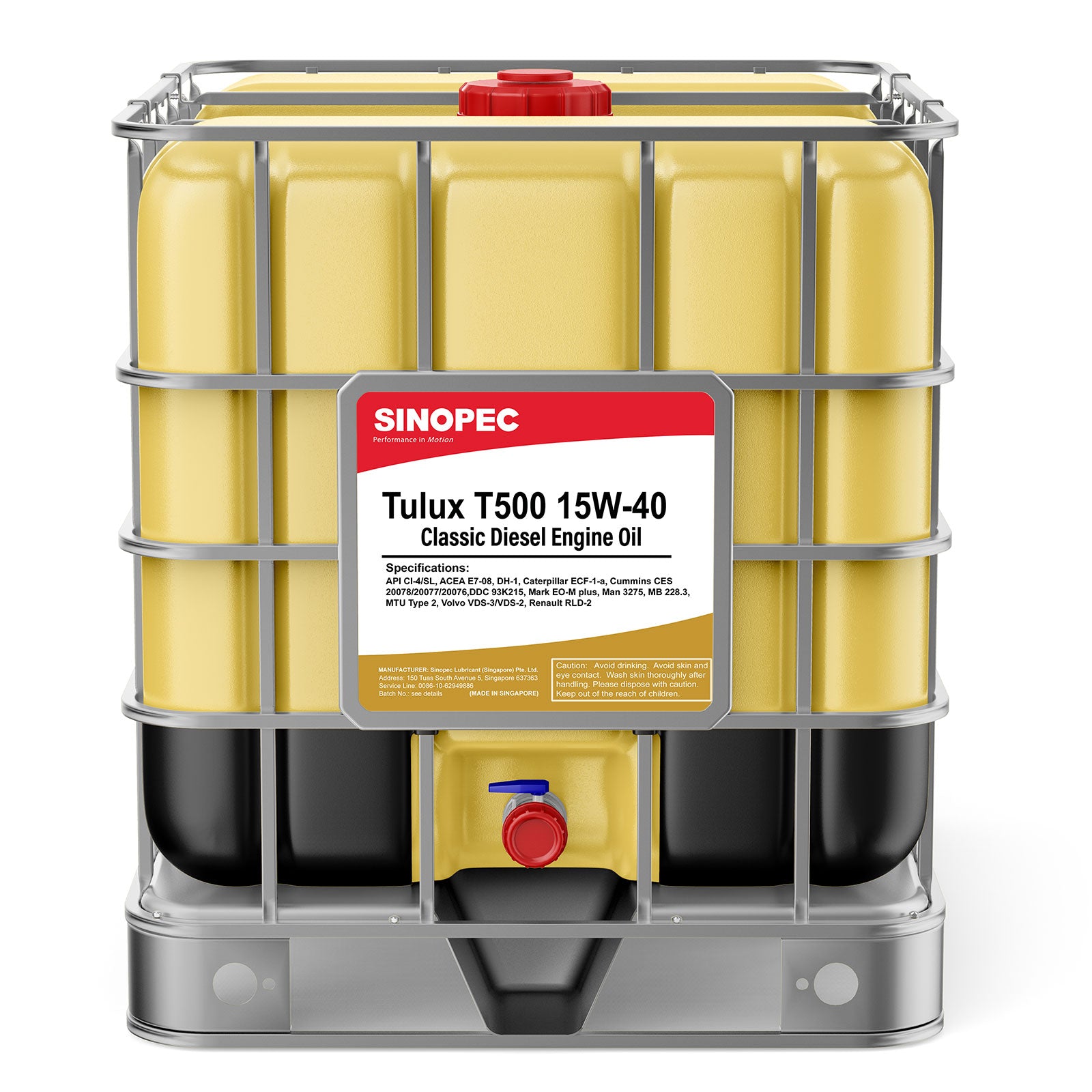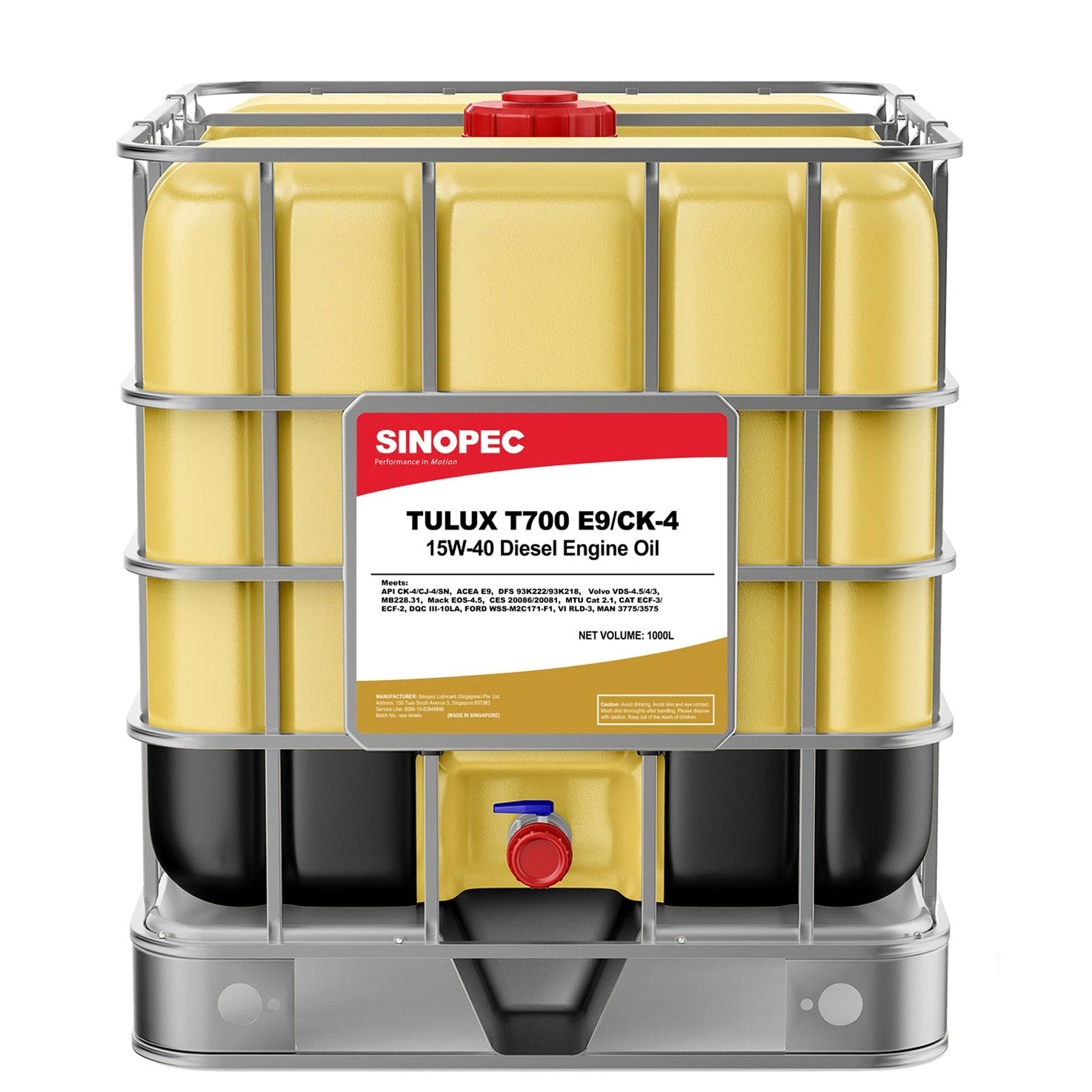In today’s hyper-connected world, even a few minutes of data center downtime can lead to massive disruptions, from lost revenue and service interruptions to security risks and customer dissatisfaction. To prevent these costly failures, data centers rely heavily on backup power systems, most commonly diesel or gas generators.
However, these systems are only as reliable as the lubricants that keep them running.
Why Backup Power Systems Matter?
Data centers demand constant uptime. Power interruptions, even momentary ones — can crash servers, interrupt real-time transactions, or bring down essential applications. That’s why nearly every modern data center is equipped with:
-
Diesel or gas turbine generators.
-
UPS (Uninterruptible Power Supply) systems.
-
Redundant power circuits.
While UPS systems handle immediate power loss, generators kick in to support long-term outages. To ensure these generators are ready when needed, regular maintenance and proper lubrication are critical.
The Overlooked Risk: Lubrication Failures
Backup generators often sit idle for long periods. This inactivity puts extra stress on the engine during startup, making high-quality lubricants a must.
Poor-quality or degraded oils can lead to:
-
Delayed or failed generator start-up.
-
Overheating and increased wear.
-
Sludge formation and internal corrosion.
-
Reduced oil film protection during load transfer.
In a crisis, this can result in the backup system failing right when it's needed most — precisely the type of failure that data centers aim to prevent.
How Turbine Oil Supports System Reliability
Turbine oil, particularly rust and oxidation (R&O) inhibited formulations, plays a vital role in ensuring reliable generator performance.
Key properties that protect your systems:
1. Oxidation Stability
Backup generators may run for only a few hours each year, but the oil inside must remain stable for months. Turbine oil offers long-lasting performance, resisting degradation even under heat and idle conditions.
2. Foam and Air Release Control
Foam can impair oil flow and lead to air pockets. High-performance turbine oil minimizes foaming and ensures fast air release, maintaining oil pressure at critical startup moments.
3. Water Separation (Demulsibility)
Condensation and humidity can introduce water into the system. Turbine oil separates water quickly, preventing rust and protecting internal components.
4. Rust and Corrosion Protection
Idle metal surfaces inside the generator are vulnerable to oxidation and corrosion. R&O turbine oil forms a protective film to prevent damage over time.
Lubrication Maintenance Best Practices for Data Centers
To prevent downtime, consider these routine maintenance tips:
-
Regular oil sampling and analysis: Detect early signs of degradation.
-
Scheduled oil changes: Based on hours of operation or time in storage.
-
Visual inspection of oil condition: Look for darkening, cloudiness, or foul odor.
-
System tests under load: Confirm the generator and oil system work under real conditions.
-
Filter replacement: Dirty or clogged filters reduce oil flow and increase wear.
Choosing the Right Turbine Oil
When selecting oil for data center generators, look for:
-
ISO VG 32, 46, or 68, depending on OEM recommendations
-
R&O turbine oil that meets standards like GEK-28143A, GEK-46506D, or DIN 51515
-
Proven performance in oxidation stability, demulsibility, and anti-foam tests
Conclusion: Small Details Prevent Big Disasters
In a mission-critical environment like a data center, every component, from servers to sensors to lubricants, plays a role in uptime. Backup generators must work without hesitation, and that means using the right oil, maintaining it properly, and replacing it on schedule.
Reliable turbine oil doesn’t just protect machinery, it protects your reputation, your data, and your bottom line.
Browse Turbine Oils for Data Center Generators
Explore our high-performance R&O Turbine Oils in 55-gallon drums, available in ISO VG 32, 46, and 68.
Built to meet the rigorous demands of industrial backup power systems.




















